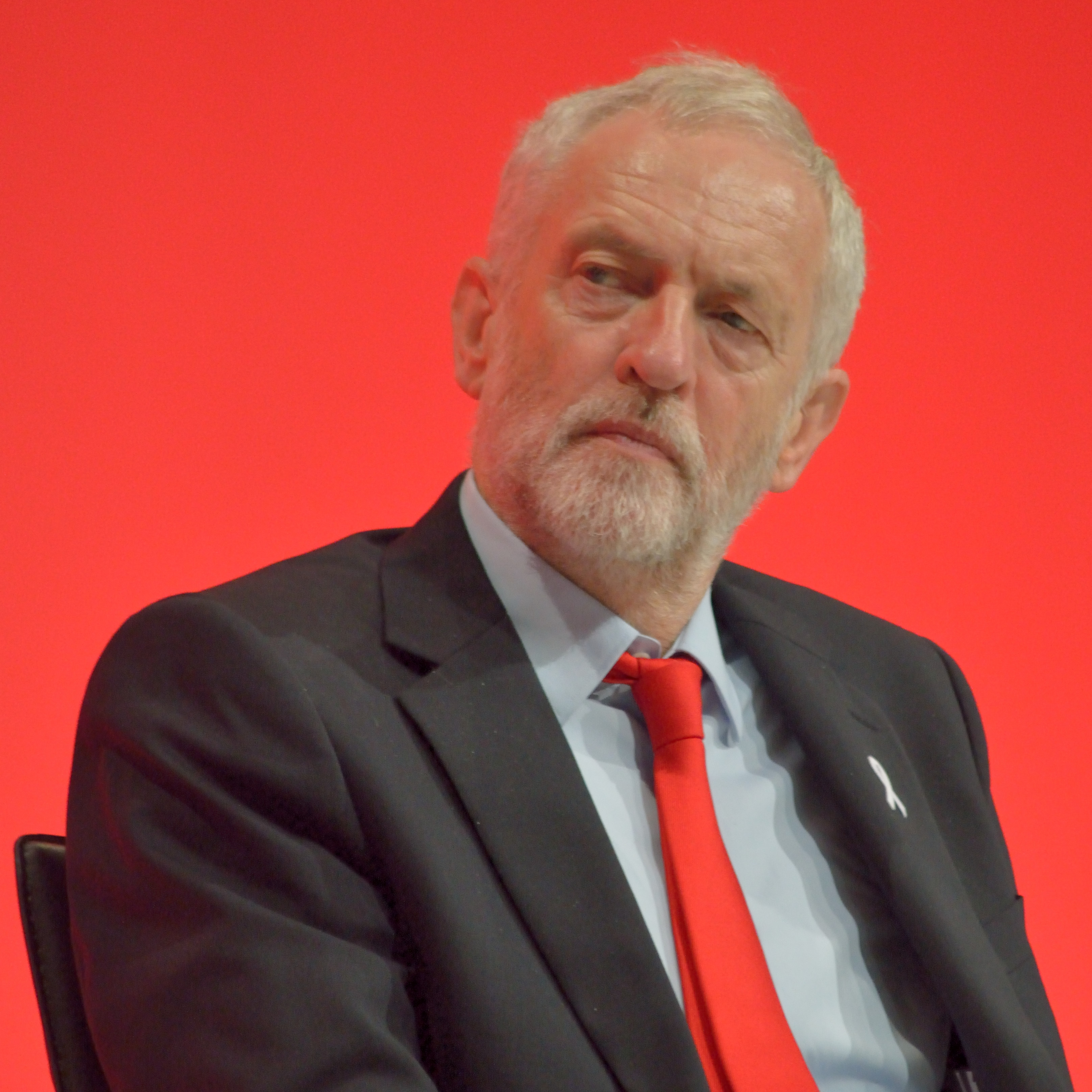Is a stance against the political, economic and cultural ‘elites’ a sufficient condition for populism?
After the electoral successes of Syriza and Podemos in Greece and Spain respectively, and the disturbing ascendancy of right-wing populist parties across Europe (and of course the US), social-democratic and left parties are in search of the recipe that will put them back on the political map of an increasingly conservative and xenophobic environment.
Let’s take France as an example. Emmanuel Macron’s anti-establishment call, even if unconvincing for some, has seen him poll as the most likely candidate to face Marine Le Pen in the presidential runoff. Macron isn’t the only French populist however; Benoit Hamon, the new leader of the Socialist Party, is also seen as having a ‘populist touch’.
The battle for the soul of populism does not stop there. Back in 2012 Jean-Luc Mélenchon was, according to Seamus Milne (the current Executive Director of Strategy and Communications and closest ally to Jeremy Corbyn), giving voice to the real concerns of the people against the establishment and as such another populist leader.
It came as no surprise then when, in December 2016, Labour strategist John Trickett announced the re-launching of Jeremy Corbyn as a left-wing populist. That was promised to entail more media appearances and more flagship policies that will pit the people against the establishment. And yet, a month later, the ‘people’ (both Brexiters and Remainers) seem very much divided over Labour’s support for the Brexit Bill.
So, is anyone with an anti-establishment rhetoric, no matter how convincing, a populist? Is a stance against the political, economic and cultural ‘elites’ a sufficient condition for populism? How has left-wing populism been interpreted by the Labour team in the UK?
First, a definition: a populist discourse brings together different demands in an equivalential chain. From that moment on these demands can be represented by one common demand or symbol. This symbol will be the answer to all the demands and grievances participating in the ‘chain.’
In this process, a populist discourse divides the political terrain into two antagonistic camps: ‘us’ versus ‘them’, ‘the people’ versus ‘the establishment’. It follows that populism is a political logic that can work both for the left and for the right, but the particular contents will be very different in each case. What differentiates a left-populist discourse is its egalitarian, inclusive and progressive direction.
Every time the Labour party felt pressurized to trail the right-wing discourse (on immigration for instance) in order to appease its Leave voters in the Midlands and the North, it was moving away from this direction. Not only that, but it is losing the votes of ‘liberal, metropolitan elites’ (used as a derogatory term) who have been witnessing xenophobia, misogyny and a reactionary discourse emerging both domestically and across the Atlantic.
Although this attitude can be justified if one takes into account the voting patterns of Leave/Labour supporters, it is also an indication of the inability of the Labour party to realign the political forces in a new, progressive narrative and to draw a new antagonistic frontier. In my view, one of the key abilities of a populist intervention is to shift the heterogeneous demands towards a new direction, a new left hegemony.
Or put differently: if Labour finds itself squeezed by the Leave/Remain divide, it needs to articulate a new divide that cuts across the Leave/Reman divide and in its favour. That’s what populism is about. The rupture created by Brexit against the EU institutions and the principle of free movement dividing Remain and Leave camps, disregards the neoliberal domestic elites who are leading the Eurosceptic sentiment.
The hostility towards the EU is not shaped by a critique of neoliberalism, to which British governments have paid reverence over the past 30 years. Instead, the way many Brexiters imagine their social existence is along the lines of Empire: ‘we have a special place in the world, and what if this world is now full of global challenges? We are GREAT BRITAIN, we can make it, and Brexit means Brexit’.
In the past two years, Corbyn’s leadership campaigns were perceived as an insurrection against the political establishment within the Labour party, an unprecedented victory against the dominant ‘Blairite’ frontbench. In this respect, Labour under Corbyn is in the privileged position of challenging the previous neoliberal direction of both the Conservatives and Labour. But with Brexit on the menu, new divisions have to be taken into account.
The country is divided between Remainers and Brexiters, divided not only by different economic profiles as the common wisdom requires, but also by education, age, ethnicity and national identity. This could be the terrain of a cultural war. But in order to work in Labour’s favour, it must connect all these different grievances and create a ‘people’ who will stand against the ‘establishment’. This, though, will take loads of political craftsmanship.
Labour has to sort out its stance on Brexit first and then to clearly identify the enemy if it hopes to have a sharp anti-establishment message. As Labour’s stance stands now, it is confusing even for the politically initiated. No surprise, then, that in the last few days Corbyn’s supporters have been breaking ranks: some over whether Labour MPs should have voted for the Bill starting the Brexit process in the first place, some over supporting the Bill when all amendments tabled by Labour and other parties fell.
So far, for many, the Labour strategy is left trailing that of the Tories. With a foot on each side, Labour is unable to appease the Leave Labour voters in the Midlands and the North of England and to comfort the Labour Remainers. Are the latter going to accept a catastrophic Tory Brexit? Just throwing around the crude soundbite ‘Labour should not represent the 48% not the 52% but the 99%’ will not do the trick.
This was originally featured on opendemocracy.net
Marina Prentoulis is Senior Lecturer in Media and Politics at the University of East Anglia
Image Credit: Wikimedia commons





